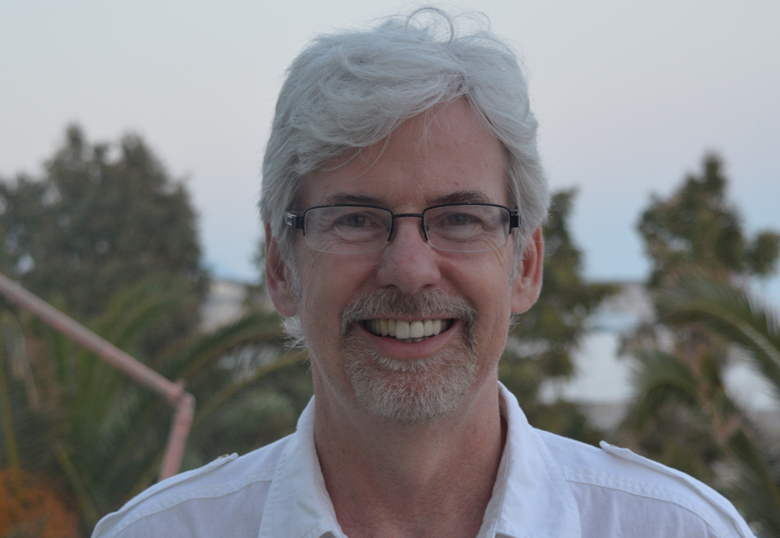University of Lethbridge sociologist Dr. Trevor Harrison and his colleagues from the Alberta-based Parkland Institute are embarking on a six-year research project that will examine the corporations and individuals driving fossil fuel extraction in Western Canada, and their resulting political influence.
Mapping the Power of the Carbon-Extractive Corporate Resource Sector is an initiative that will bring together researchers, civil society organizations and Aboriginal participants to study the oil, gas and coal industries in British Columbia, Alberta and Saskatchewan. The Social Sciences and Humanities Research Council of Canada (SSHRC) has awarded $2.5 million in partnership grant funding to the project.

The partnership is jointly led by the Parkland Institute (of which Harrison is the director), the University of Victoria and the BC and Saskatchewan offices of the Canadian Centre for Policy Alternatives (CCPA). It will bring together a team of 28 academic researchers from 12 universities, civil society organizations and Aboriginal participants. Augmenting the SSHRC award is an additional $2 million in matching contributions from participating universities and community partners.
“Albertans are all too familiar with the influence that the fossil fuel industry exerts over the political process in Alberta and beyond,” says Harrison. “But what has been missing is a comprehensive understanding of which individuals and corporations are applying this political influence, and how. This project will fill that gap.”
The partnership’s work will focus in four key areas:
• A systematic mapping of how the carbon-extractive industry is organized, including what companies are involved, who runs them, how they are owned, and how they connect to broader international corporate networks.
• Analysis of the sector’s influence on public debates and policy making, such as efforts to secure social license, and corporate links to governments, political parties, lobby groups, and private foundations.
• Case studies of contentious flashpoints, including the expansion or development of new mines, pipelines or export facilities.
• Development of an open source, publicly accessible corporate database and training program for citizens and civil society groups, many of whom will contribute and update data.
“How – and indeed, if – Alberta’s carbon resources will be developed is one of the most crucial policy decisions this province faces over the next decade,” Harrison says. “The transparency this project will provide about who is involved in shaping these choices will be critical to ensure that the decision is made in the public sphere, not in corporate boardrooms.”
Parkland Institute is a province-wide, non-partisan public policy research network housed within the Faculty of Arts at the University of Alberta.
The Social Sciences and Humanities Research Council is a federal government agency that promotes and supports post-secondary research and training in the humanities and social sciences.
